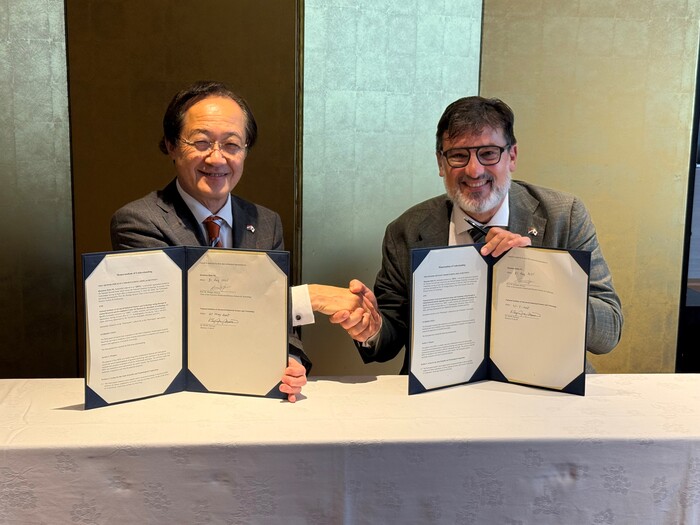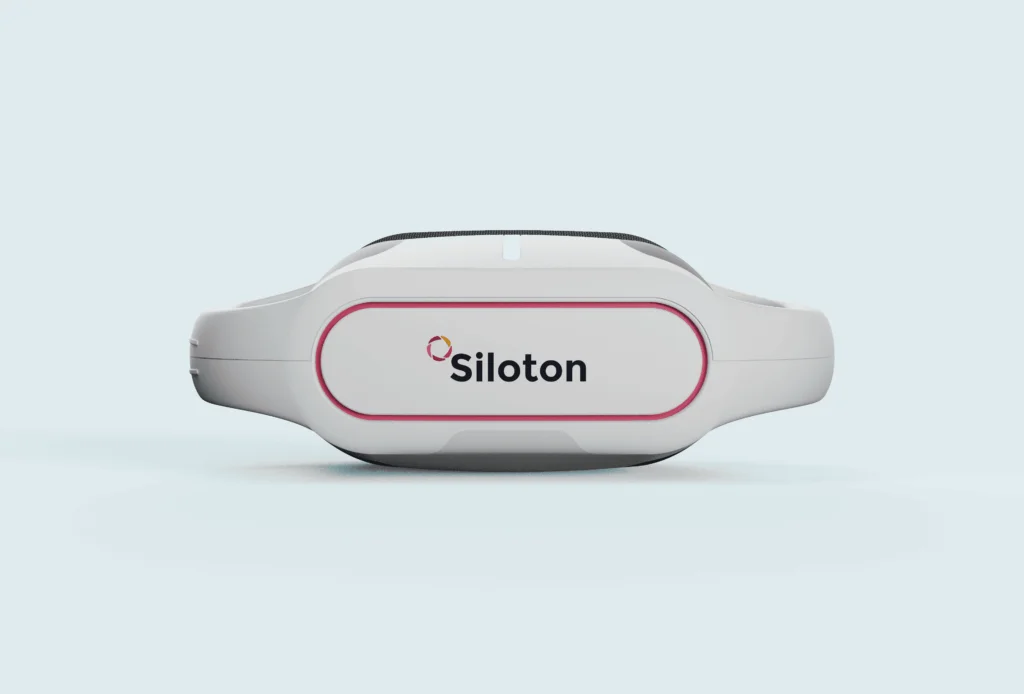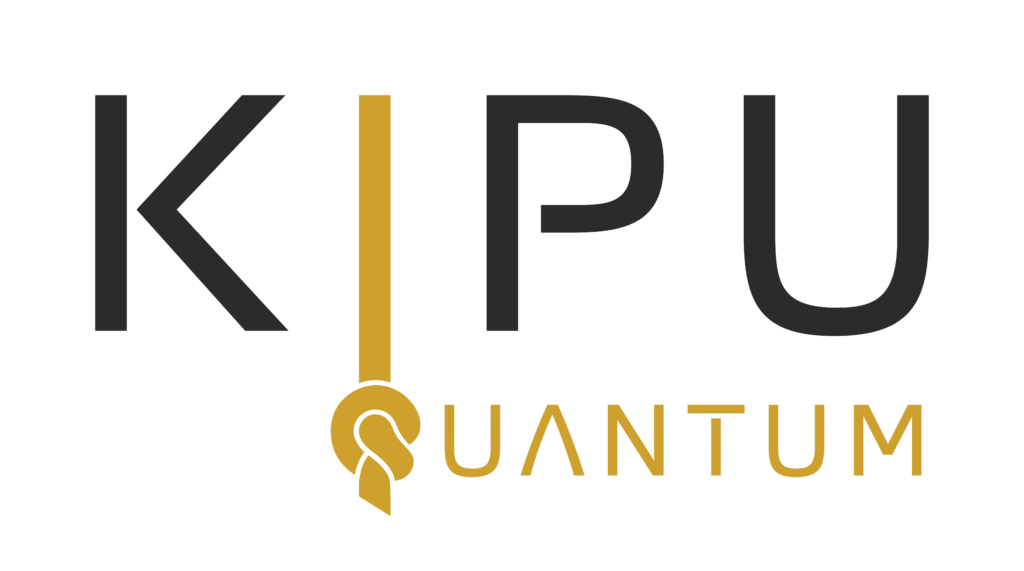Insider Brief:
- AIST and Quantum Delta NL signed an MoU to strengthen collaboration on the societal implementation of quantum technologies, focusing on joint research, talent exchange, and ecosystem development across Japan and the Netherlands.
- The partnership includes field lab development, researcher mobility, and co-hosted events to accelerate industrial applications and align institutional efforts around quantum deployment.
- This agreement reflects a broader move toward coordinated international capacity-building, as countries focus less on isolated research and more on infrastructure, standards, and scalable implementation.
On May 21, 2025, Japan’s National Institute of Advanced Industrial Science and Technology signed a memorandum of understanding with Quantum Delta NL to encourage collaboration on the societal deployment of quantum technologies. According to a release from AIST, the agreement focuses on strengthening bilateral cooperation around the social implementation of quantum systems through research collaboration, knowledge exchange, and shared ecosystem development.
This MoU formalizes the partnership between AIST’s Global Research and Development Center for Business by Quantum-AI Technology and Quantum Delta NL, building on mutual priorities in research, field-lab development, talent mobility, and market-oriented innovation.
Framework for International Cooperation
As noted in a recent post from Quantum Delta NL, the agreement was signed during the High-Tech Delegation Exchange conference in Osaka, creating an alignment between the two countries at the policy and institutional level. The collaboration centers on several concrete initiatives:

- Engineer and researcher exchanges to support joint research and skills development.
- Development of field labs (applied environments where experimental quantum systems can be tested in near-real-world settings).
- Workshops, symposiums, and hackathons to facilitate ecosystem interaction and community building.
- Joint research in areas of mutual interest, with the intent to accelerate industrial applications.
Quantum Delta NL emphasized that this partnership is part of “a broader momentum in Dutch–Japanese quantum collaboration,” referencing the recent joint funding call by the Dutch Research Council and the Japan Science and Technology Agency, as well as prior partnerships such as the collaboration between QuTech and Fujitsu.
Industrialization and Societal Deployment
G-QuAT, AIST’s quantum initiative, was established to bring together quantum-AI research and business applications. The center focuses on real-world deployment ability, including cross-sector use cases where quantum computing and artificial intelligence intersect to address industrial, environmental, or logistical challenges. Quantum Delta NL serves a similar role in the Netherlands, acting as a national coordinator for research, talent, and commercialization efforts across Dutch universities, startups, and public agencies.
According to AIST, this collaboration is intended to lead “the social implementation of quantum technology in both countries around the world.” The term social implementation, a common phrase in Japanese innovation policy, refers to the process of translating emerging technologies into practical tools and systems that are deployed across society, including through public infrastructure, industry, and services.
By focusing on both upstream research and downstream deployment, the partnership intends to address one of quantum’s most persistent challenges, which is how to implement laboratory-scale demonstration and scalable, trusted implementation.
Quantum Ecosystems Through Bilateral Alignment
This MoU represents a strategic alignment between two national ecosystems focused on advancing quantum science, but also on the mechanisms of its deployment. As quantum technology moves closer to real-world application, the limiting factors are increasingly infrastructural and institutional, such as access to test environments, talent mobility, cross-border standards, and integration with classical systems.
Bilateral partnerships such as this demonstrate a departure from competition in basic research toward coordinated capacity-building. Rather than racing for theoretical developments in a silo, countries are beginning to collaborate around implementation where quantum systems are not only developed, but embedded into industrial and societal contexts.















